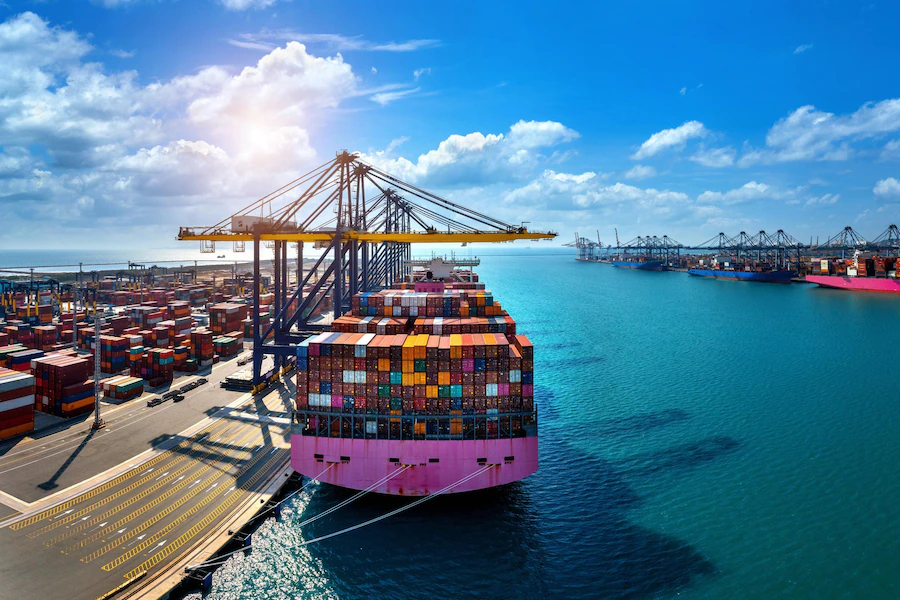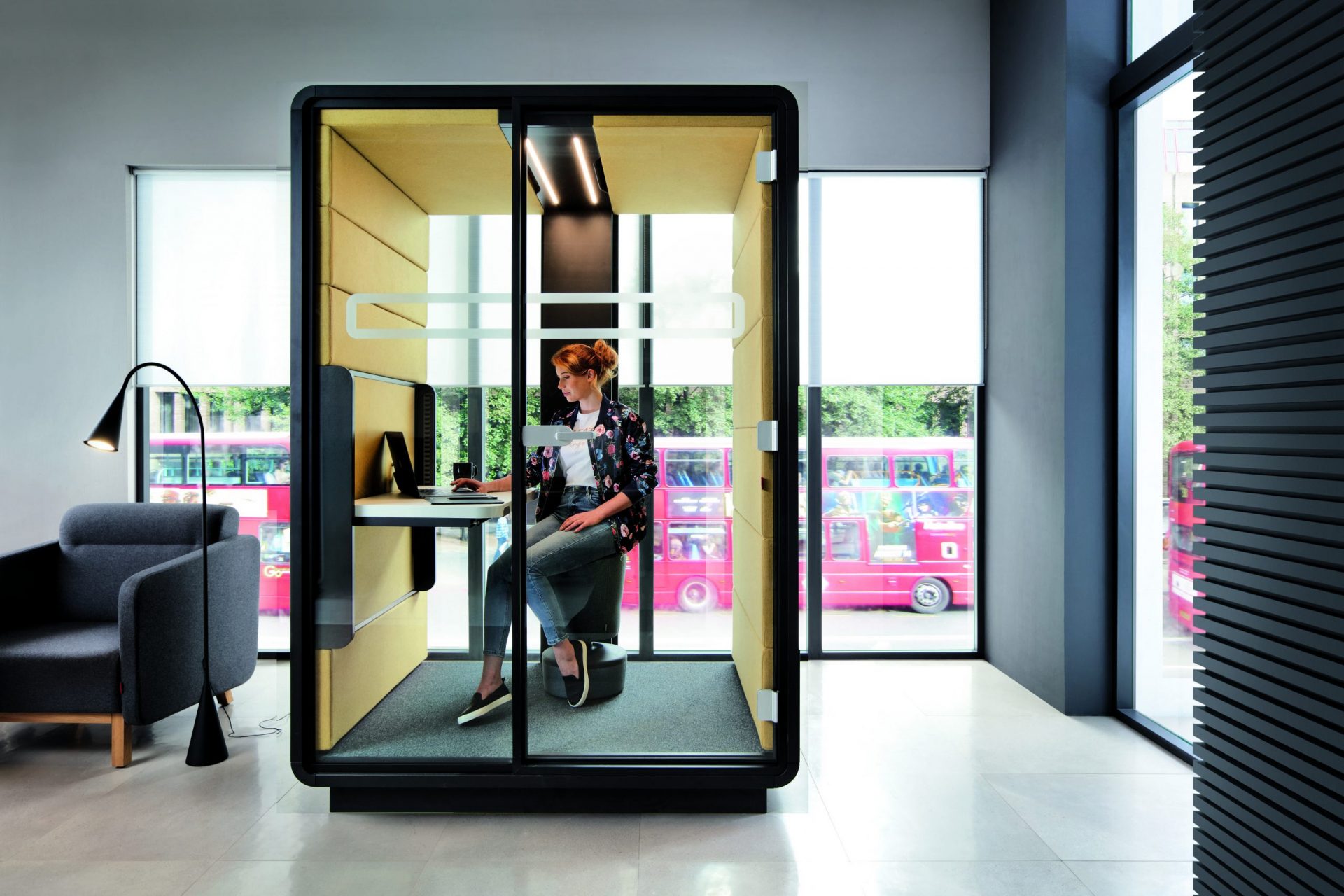Additionals:
What Is FCL Shipping? Everything Your Business Needs To Know
5 Mins Read
Published on: 21 September 2023
Last Updated on: 14 November 2024

toc impalement
Your shipping and delivery strategies can make or break the success of your business. Today, whether you’re selling products to other companies as part of a wholesale strategy or shipping directly to customers, your buyers expect convenience, speed, and reliability.
This is crucial, as shoppers are 150% more likely to abandon retailers over poor delivery experiences. That means if your shipments are held up in transit or arrive damaged, you risk losing a significant portion of your customers.
When transporting goods across borders, it can be difficult to ensure everything goes smoothly, though. There are countless factors to consider, such as what kinds of containers to use, which partners to work with, and even how much container space you need.
FCL shipping represents one of the most attractive options for companies shipping large volumes overseas. But what does “FCL” actually mean, and what does the shipping process involve?
What Is FCL Shipping?
There are two common ways to rent container space for cross-border transportation in the international shipping market. FCL, or Full Container Load shipping, is one of the most common options for companies shipping large volumes of goods. FCL is the alternative to LCL, or Less than Container load shipping, where companies share container space with a variety of other vendors.
With FCL shipping, you don’t actually need to fill an entire container with goods. Rather, the term refers to instances where a company purchases exclusive access to a container. This means that no other shipments are included alongside your products.
Additionally, unlike in LCL shipping, where extra cargo can be added to a container at various points along the supply chain, there are no diversions with FCL shipping.
Your items are packaged and sent straight to your desired location. For this reason, some people refer to FCL as “door-to-door shipping”.
How Does FCL Shipping Work?
Investing in FCL shipping often means working with a dedicated worldwide shipping service, capable of offering a “door-to-door” delivery experience. The process for shipping FCL is a little different than that used for LCL shipping.
With LCL shipping, goods need to be transported to a dedicated loading warehouse, where they’re consolidated with items other companies want to send to the same location. The collection of goods is transported to a port and loaded onto a vessel. That vessel may make numerous stops at warehouses and fulfillment centers along the way, to add to the container, or remove items.
With FCL shipping, on the other hand, your goods are loaded into a dedicated container directly from your factory. The container is sealed completely, for security reasons, and won’t be opened again before it arrives at its destination (for customs clearance). This means that there’s less risk to your goods because fewer people are handling the items throughout the supply chain.
After your goods are loaded into a container, they’re taken straight to a port, loaded onto a vessel, and transported to their target destination. After customs checks, all of your goods are taken straight to your chosen end destination, such as a dedicated warehouse.
The Pros And Cons Of FCL Shipping
FCL shipping is one of the most popular forms of cross-border delivery. According to research, in the European market alone, demand for full container load shipping options is expected to grow by 4% per year through 2027. Part of the reason for this is the growth of the ecommerce landscape.
More people are shopping online than ever before. By 2027, experts say that around 256 billion parcels will be transported worldwide each year.
Many larger companies can save time and money by shipping large volumes of items to different locations around the world. Some companies even have dedicated warehouses in specific cities, to accelerate last-mile delivery.
While hiring a full container for shipments might seem expensive, it can actually be a more cost-effective option for those shipping in volume. Hiring a full container can be less expensive than using a variety of LCL shipping services.
Of course, there are pros and cons to consider:
Pros:
- Cost effective: Most companies agree that FCL shipping is cheaper per CBM than the LCL alternative. If you’re shipping large volumes of goods, it makes sense to hire a single container, rather than working with multiple LCL partners.
- Speed: FCL shipping often delivers products to customers much faster than LCL shipping. There are no stops along the way, and you don’t have to transport your goods to a warehouse before they’re shipped so they can be sorted and combined with other shipments.
- Reduced risk: The risk of damage and theft with FCL shipping is often much lower, as there are fewer people involved in handling your goods. You’re also less likely to encounter problems with customs, as customs officers only need to check your goods, rather than evaluating a wide variety of different items.
Cons:
- Expensive: FCL can be cost-effective when you have large volumes of products to ship. However, it doesn’t make sense economically if you’re making smaller shipments. If you’re only shipping a handful of goods, LCL is the cheaper alternative.
- High demand: During peak shipping seasons (such as around the holidays), it can be difficult to find companies with full containers available for your products. If you don’t have existing relationships with supply chain companies, you might face delays.
- Limitations: Some companies offering FCL shipping will only serve companies in specific industries, or brands that are delivering products to specific locations. You may also struggle to split deliveries if you need items to go to different warehouses.
Should You Be Using FCL Shipping?
Ultimately, the decision of whether FCL shipping is right for your business comes down to a number of factors. You’ll need to think about the volume of products you’re going to be shipping (as well as their weight), the partners that are available to work with, and your budget.
However, if you are sending large amounts of items to customers in a specific part of the world, then FCL shipping does offer many benefits. It’s often safer, faster, and even more cost-effective than LCL shipping in some cases. The key to success is making sure you consider your strategy carefully and work with logistics partners you can trust.


















Comments Are Closed For This Article